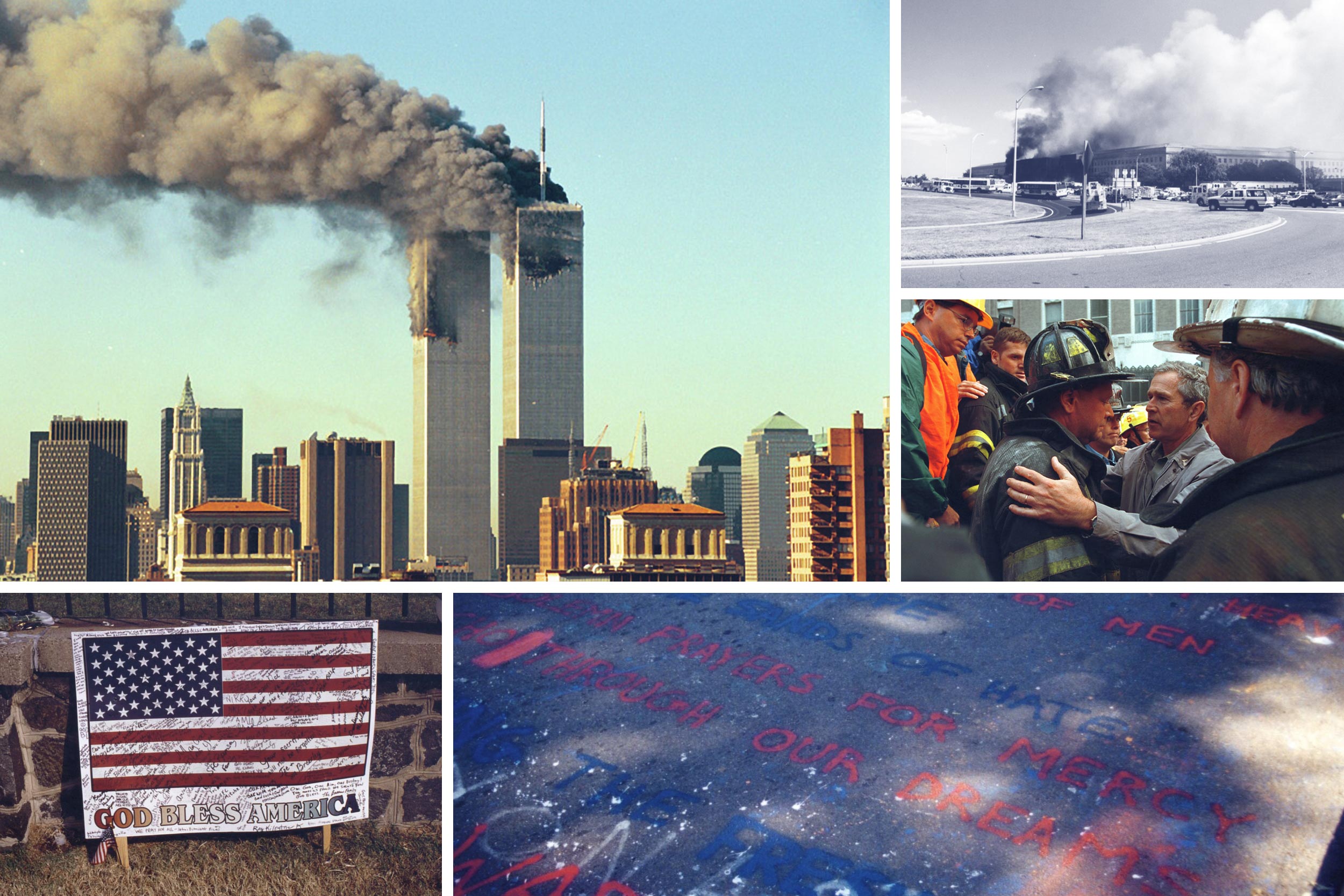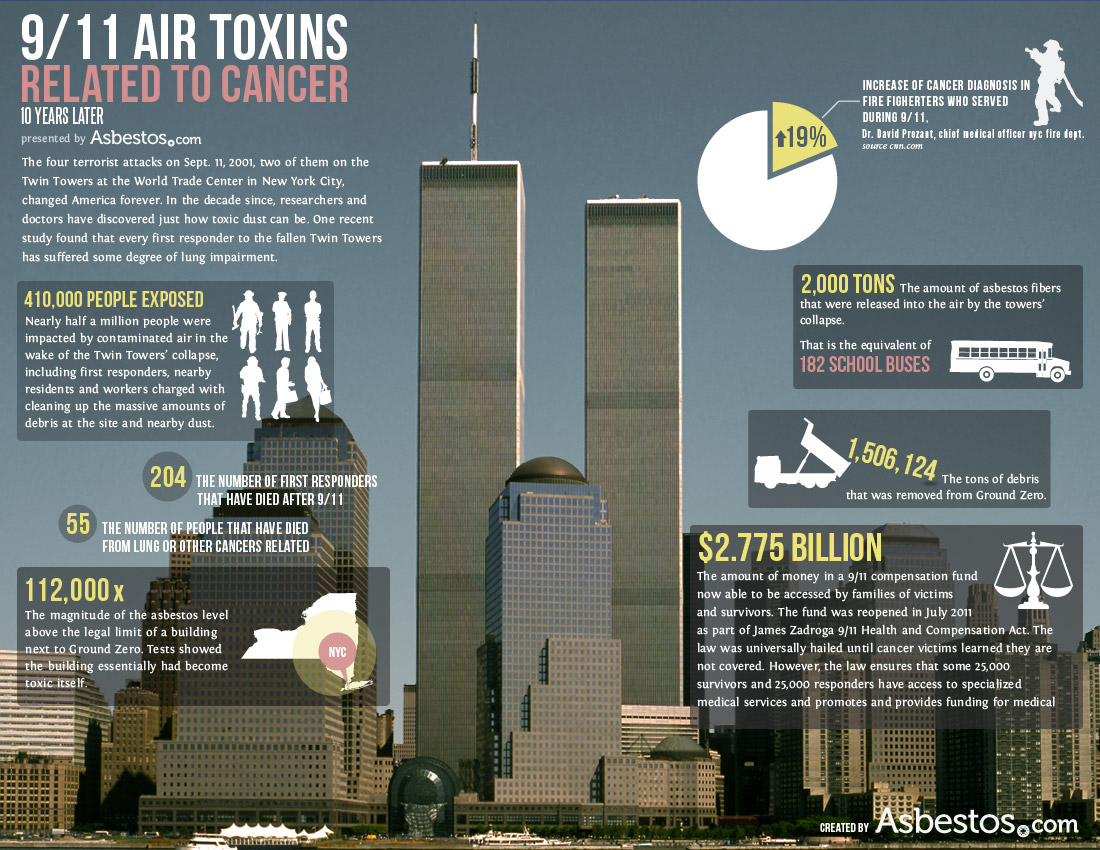The Long-term Impacts of 9/11 and Society’s Reaction
An Illuminating Perspective
In the days and weeks following 9/11, Americans came together in solidarity and looked to their leaders for strength and guidance in an uncertain time. However, as one professional observes, our reaction to the attacks may have caused more harm than good. Through an insightful comparison to the natural world, he argues that terrorism seeks to induce cultural self-destruction - and that by disproportionately eroding civil liberties in the name of security, we played into the hands of extremists and moved further from our founding principles.

A Tragedy and Its Wake
The tragic events of September 11th, 2001 shocked the nation and left deep wounds that still linger today. In those initial moments of panic and grief, calls for action were understandable. However, with perspective, the expert notes several alarming long-term impacts. Trillions have been spent on open-ended wars abroad with no clear end in sight. At home, mass surveillance and the Patriot Act chipped away at personal freedoms and privacy without demonstrably improving security. Internationally, respect for America’s role has diminished. Most concerning is the erosion of trust in government - approval of Congress has fallen by over 50% since that fateful day.
Playing Into Extremism
The acts of 9/11 were meant to provoke an overreaction that would jeopardize Western ideals and galvanize support for radical ideology. Unfortunately, the expert argues, this is precisely what occurred. By reacting in fear and lashing out militarily, politically, and socially, leaders validated the terrorists’ worldview and legitimized their cause to new recruits. The ensuing wars abroad created power vacuums that extremist groups rushed to fill. Domestically, security measures stripped away civil liberties and privacy in the name of combating a dispersed threat - fueling anti-government sentiment and alienating minority communities.
A Stampede Off the Cliff
Drawing an evocative parallel from nature, the observer likens society’s panic response to a stampeding herd. A small predatory threat, like the 9/11 attackers, could not accomplish much alone. However, by inducing frenzied fear, it drove the herd as a collective over a cliff - destroying far more than the original instigators ever could. In the same way, the attacks were a limited provocation, but America’s overreaction took matters to a new extreme. Policy changes like mass surveillance and preventative wars caused exponential self-inflicted harm, exactly as the extremists intended.
Toward Restoring Trust and Balance
To avoid future “stampedes,” the expert argues, decisive action must be tempered by reason and respect for civil liberties. Leaders require oversight and transparency to earn back the public’s confidence. Furthermore, framing problems like terrorism as existential threats often does more harm than good. A balanced, proportionate solution respects all peoples’ basic rights while mitigating real risks. With trust in declining in government, Americans must find their political voice and vote for representatives committed to restoring checks on power and upholding constitutional ideals. Resetting course will not be easy after decades of overreach, but the foundations of the system provide hope that self-correction is possible.
An Ongoing Challenge Demanding Wisdom
The threat of extremism did not end with 9/11 and will remain a factor for the foreseeable future. But with clear-eyed perspective, different approaches could yield better outcomes. Over-militarizing foreign and domestic policy often backfires by worsening underlying social conditions and influencing vulnerable demographics. Continuing overly broad surveillance also undermines civic trust. Moving forward, upholding civil rights and empowering civil society offer wiser paths than fear and aggression. As the shock of that day gradually recedes into history, hopefully society’s leaders and public will find the resolve to address challenges like terrorism through proportion, empathy and respect for freedom. The alternative risks continuing down a dangerous course with difficult-to-predict consequences.
A Time for Healing and Progress
Nearly two decades on, 9/11 remains an open wound. But it also presents an opportunity for national reflection and progress. With compassion for the victims and their families, and understanding for the fears that seized the nation, sober consideration shows that many policy responses backfired. The future depends on acknowledging past errors, prioritizing civil discourse over suspicion, and coming together around our democratic ideals of justice, equality and liberty for all. There are no easy answers - but with open and honest dialogue, and a commitment to securing both safety and freedom, communities can become more resilient to those who seek division. Overall, with wisdom and determination, this sorrowful chapter in history need not define the nation, but instead can inspire its continual evolution toward protecting peoples’ dignity.
